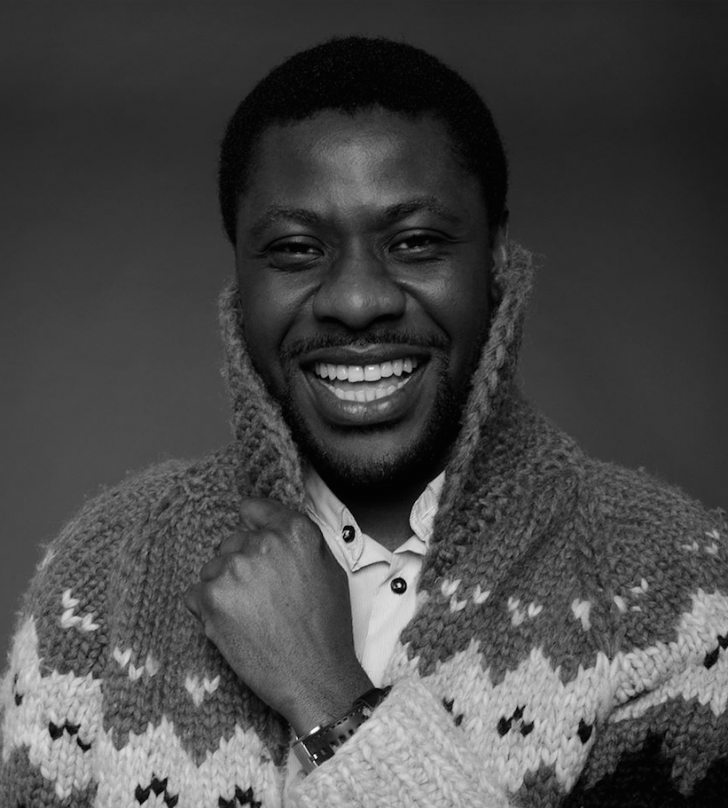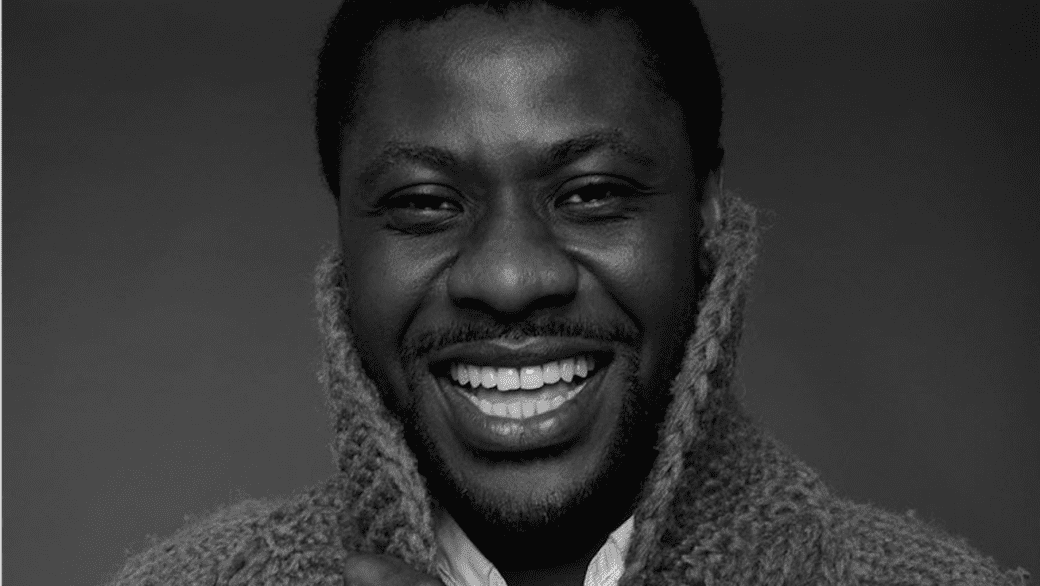When Buddies in Bad Times Theatre initiated the Young Creators Unit in 2007, no one could have predicted its success. Under the watch of then–artistic director David Oiye and current company head Evalyn Parry (who ran the program until she passed the reins to Sunny Drake this year) the annual series was launched as a way to help young queer artists develop and perform solo shows. To say it’s exceeded expectations is an understatement.
The Emerging Creators Unit (as it’s now known) is one of Toronto’s most successful play development initiatives. It’s produced shows that have gone on to win stacks of awards and engage audiences across the country. Beyond the individual pieces developed, it’s served as a stepping stone in the careers of numerous writers, performers, directors, educators and curators. Waawaate Fobister, Kim Katrin Milan, Rob Salerno, Tyson James (aka Cassandra Moore), Sina Gilani and Shaista Latif, are among the alumni. There’s even a Governor General’s Award winner in the mix.
As the program wraps up its 10th year, Daily Xtra checks in with some of its participants to chat about their experiences and how it got them to where they are today.

Tawiah M’carthy
When Ghanaian-Canadian artist Tawiah M’carthy applied to the unit in 2008, he was in a place nearly every artist can relate to. Two years out of university he was hungry for the chance to hone his performance chops in the professional world, but the opportunities weren’t coming. He’d had a hit with his solo show The Kente Cloth at SummerWorks the previous year. But he’d realized his path to success was not going to come through sending out headshots and begging for auditions. Inspired by director Cole J Alvis, he decided to apply, with the hope that creating his own work would help him get where he wanted to be.
Daily Xtra: What was your headspace like when you decided to apply?
M’carthy: Right after my fourth year of university, I had an interview with a Toronto-based agency that said I had to work on my accent to sound more North American. They couldn’t sign me, they said, because I had no place on their roster. I was finding it hard to get auditions let alone perform and there seemed to be no characters I could play. I wanted to start creating for myself, but I needed a space that could afford me that opportunity. Buddies became that place for me.
What was the project you proposed to them and how did it develop?
As part of my audition I presented a poem I’d written called “Red High Heels.” I went in with intention of developing it into a play. My time in the program was focused on the characters in the poem and developing the existing story into a piece of theatre that was actually theatrical. I finished with the first 20-minute draft of Obaaberima.
Did it initially feel like a resignation in some way to create your own work or was it an empowering realization that doing so was going to offer greater artistic possibilities that relying on other people to showcase your abilities?
It’s a bit of both I guess. I wanted to do it but I also I needed to, not only for myself but for others who might have had the same challenges I had. I went in hoping to learn the skill and trade of being creator. After the program it became about putting a story on stage because I wanted to perform and share what I had created. I wasn’t expecting anything close to the level of success it got or the opportunities it presented. I just wanted to make something worth sharing and tell a story that was mine with character I could identify with.
How did the program shape your career?
It was the beginning to a beginning. The piece that was created was further developed to what is now a multi-Dora award–winning production and I had the opportunity to travel the country with it. It allowed me to showcase myself as playwright, creator, actor and mover. Having the chance to be seen has led to other jobs that I wasn’t even being considered for before. It also has afforded me the opportunity to offer new characters to the world of theatre in Canada, which is very important to me. I was approached by a young black actor last year who was interested in using a monologue from Obaaberima in an audition. It was the most satisfying feeling to know this play I created is bigger than me and was not only for me.
As a performer/creator what’s your experience been like since the success of Obaaberima?
Obaaberima was obviously really important to me and a huge turning point in my career. But it also pointed out the barriers I continued to face despite its success. I had another meeting with another agency post-Obaaberima where I was told my body of work doesn’t fit the artists they represent so in a way it doesn’t matter what I produce. It was an important realization that mainstream agencies and casting directors will always view some people as outsiders.
Read about another Young Creators Unit alum Katie Sly >>
(Editor’s note, March 30, 2016: An earlier version of this story stated that Cole J Alvis had been part of the program the year before. This is untrue.)


 Why you can trust Xtra
Why you can trust Xtra


